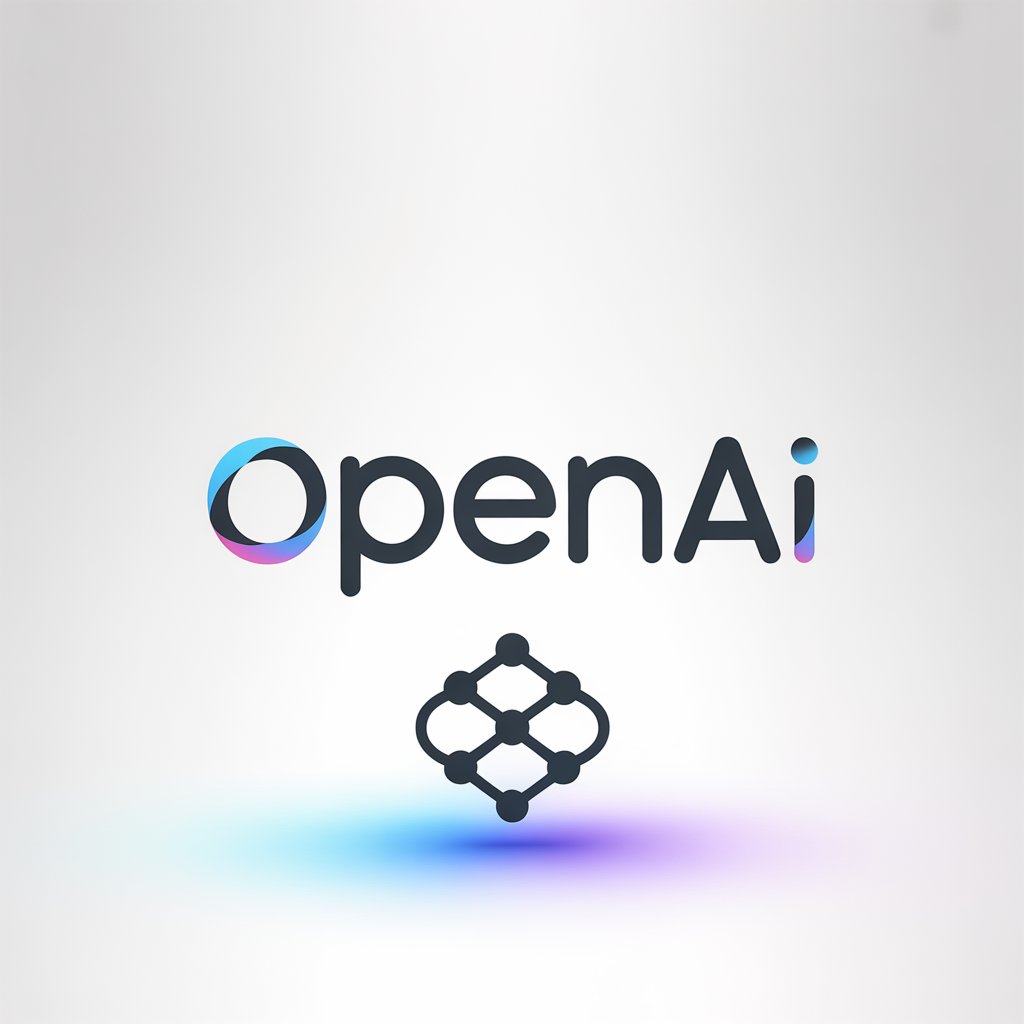OpenAI and the High-Stakes AI Race
The AI revolution is in full swing, and OpenAI is at the forefront. With ChatGPT transforming how we interact with technology, OpenAI has become the poster child for innovation. But pioneering AI comes at a staggering cost: the company plans to spend an estimated $1.4 trillion on chips and data center infrastructure for the next generation of AI.

This massive investment sparked a public controversy when the company’s CFO suggested government support might help fund these projects. Let’s break down what happened, why it caused a firestorm, and how CEO Sam Altman had to step in.
What Sparked the Controversy
At a Wall Street Journal event, OpenAI CFO Sarah Friar suggested that the U.S. government could “backstop” the company’s AI infrastructure investments.
“Backstop” usually refers to government intervention in financial crises not a private tech company.
Friar explained that a federal guarantee could lower loan costs, making it easier for OpenAI to borrow funds. In simple terms, she was suggesting taxpayers might indirectly help cover the cost of trillions in private AI spending.
Why the Backlash Was Immediate
The reaction was fierce. OpenAI is valued at around $500 billion, and if it succeeds, private investors and founders profit massively. Critics asked: why should taxpayers shoulder the risk of a private company’s financial gamble?
Market analysts were quick to respond. One noted:
“It’s absurd for insiders at a multibillion-dollar startup to expect government-subsidized borrowing while growing private shares.”
The sentiment was clear: high-risk investments carry high risk. If OpenAI fails, the market not taxpayers should bear the consequences.
The CFO’s comment also raised practical questions: can OpenAI really sustain this level of spending?
The company has secured deals with Nvidia , AMD , and Amazon Web Services. While these partnerships support rapid AI growth, hinting at government support raises concerns about financial stability.
Running large AI models like GPT-4 is extremely expensive. To succeed, OpenAI must scale enterprise products and consumer tools fast enough to match its massive spending.

Sam Altman Steps In
Within 24 hours, CEO Sam Altman clarified OpenAI’s position, emphasizing that the company does not want government guarantees.
“Governments should not pick winners or losers, and taxpayers should not bail out companies that make bad business decisions.”
Altman reassured markets, highlighting that OpenAI expects $20 billion in revenue this year with projections reaching “hundreds of billions” by 2030. This demonstrates that the company can fund its own infrastructure, even under high-stakes conditions.
Where Government Support Could Help
Altman suggested that government involvement could focus on national security and infrastructure, rather than bailing out private companies:
- Guaranteed Loans for Chip Manufacturing: Supporting domestic chip fabrication strengthens U.S. tech independence.
- Government-Owned Data Centers: Building data centers for federal needs ensures the government’s AI readiness.
These solutions are in line with policies like the CHIPS Act and focus on national benefits, not private profits.

The Broader Political Context
The controversy highlights AI’s strategic importance. Governments are paying close attention, recognizing that AI infrastructure is nationally critical.
Even political leaders, including former President Donald Trump and AI advisors, have emphasized that while AI should be promoted, there will be no federal bailouts for private companies.
Key Lessons for Investors and Tech Enthusiasts
The OpenAI controversy offers several insights:
- AI Costs Are Enormous: Building cutting-edge AI infrastructure requires unprecedented capital.
- Revenue Must Scale: Massive investments need massive revenue, including enterprise solutions and consumer AI tools.
- Market Risks Remain: Even innovative companies face market realities. High risk comes with high stakes.
Conclusion: Innovation Comes at a Price
OpenAI’s CFO comment caused a stir, but it underscores a simple truth: AI innovation is expensive and high-risk. CEO Sam Altman’s quick response reinforced that private companies must face the market, not rely on taxpayers.
For investors, watch OpenAI’s revenue and enterprise deals closely. For consumers and developers, the AI tools coming out like advanced AI productivity suites will continue to reshape the tech landscape.
The bigger question remains: should governments ever help private companies with critical infrastructure, or is that risk theirs alone to bear?








